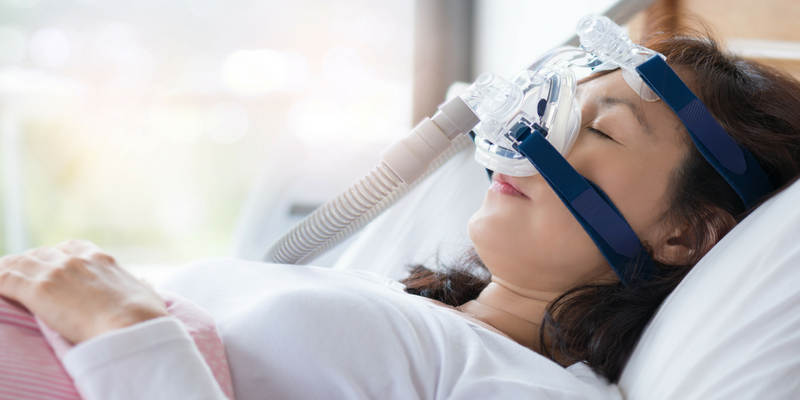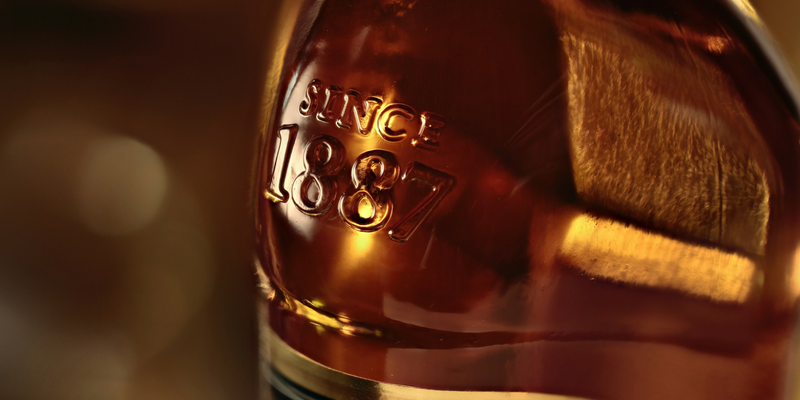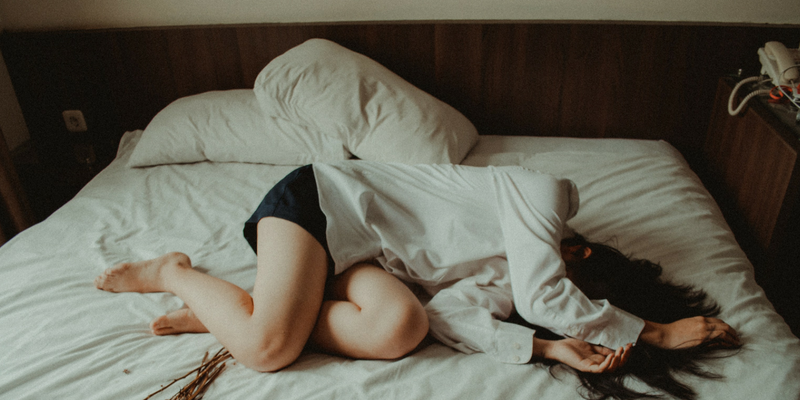
It’s true; not all CPAP masks are created equal. This is why the team at CPAP Central wants you to be fully aware of the pros and cons to each CPAP mask style.
CPAP Nasal Pillows Pros and Cons
Pros:
- Touches less of your face, making it ideal for CPAP users with claustrophobia.
- Doesn’t affect line of sight, making it great for those who watch TV before bed.
- Best for those with glasses as nothing is covering the bridge of the nose.
- Air flows directly into the nasal passage, reducing air leaks.
- Stays in place for active sleepers.
- Works well for those with beards and mustaches.
Cons:
- Doesn’t work well if CPAP user is prescribed with high pressure.
- Sometimes direct pressure causes dryness or even nose bleeds.
- Won’t work for mouth breathers unless accompanied by chin strap.
CPAP Nasal Masks Pros and Cons
Pros:
- Less direct air flow than CPAP Nasal Pillows design
- Works better with high pressure.
- Many designs for different facial features.
- Great for CPAP users who sleep on their side.
Cons:
- If CPAP user is a mouth breather, must be accompanied by chin strap.
- Some complain of irritation at bridge of nose, where CPAP mask must be in contact with.
- Not great for nasal congestion, colds or allergies.
- Won’t work for CPAP users who have difficulty breathing through nose because of health conditions such as deviated septum, narrowed nasal valve, etc.
CPAP Full Face Masks Pros and Cons
Pros:
- Best solution for mouth breathers.
- Best solution for those with nasal congestion.
- Some CPAP users that are claustrophobic prefer CPAP full face mask that covers entire face, only touching outer frame of face.
- Best solution for those prescribed with high pressure.
- Best solution for those who sleep on their back.
Cons:
- Higher change of air leaks.
- Air leaks at top of mask can cause dry eyes.
- Often affects line of sight, which isn’t ideal for those who watch TV or wear glasses before bed.
- Not ideal for stomach sleepers.
Thankfully, CPAP Central carries all kinds of CPAP masks and have CPAP therapy experts waiting to chat with you about which CPAP mask design may be right for you. Visit CPAP Central today to explore our CPAP masks and order your next mask for the best online price available with free pricing on orders over $99!



